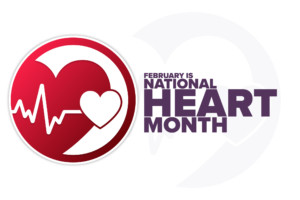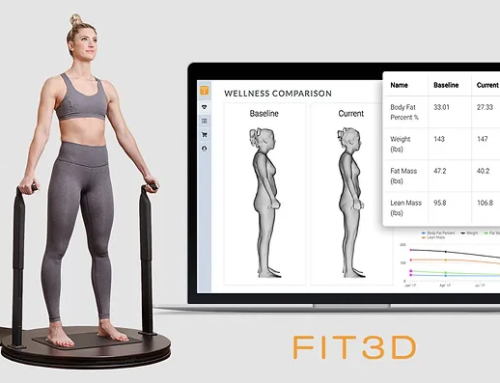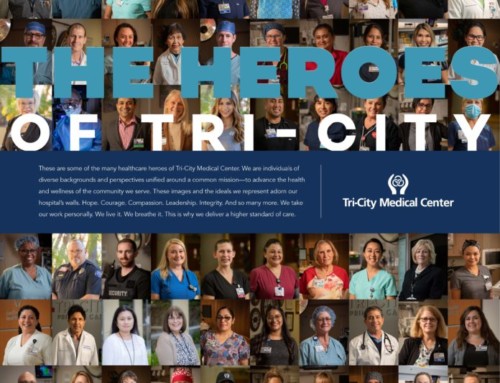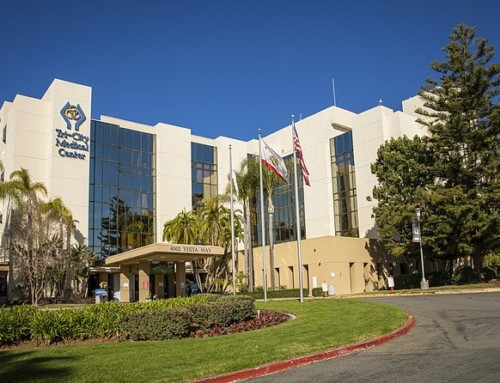
February is National Heart Month.
In January, Monday Night Football fans around the country saw first-hand the importance of CPR when Buffalo Bills safety, Damar Hamlin, collapsed on the field having suffered cardiac arrest, also known as sudden cardiac arrest (SCA). Emergency Medical Technicians (EMTs) were able to save his life by quickly beginning CPR, or cardiopulmonary resuscitation, an emergency procedure performed on someone whose heart and breathing have stopped. When SCA happens, the heart cannot pump blood to the rest of the body and death may occur in minutes. During CPR, 100-120 chest compressions per minute, timed to the beat of Stayin’ Alive by the Bee Gees, help the heart to keep blood flowing throughout the body.
EMTs also used an AED, or automated external defibrillator, to deliver an electrical shock, or defibrillation, to restore the heart’s regular rhythm. Defibrillation is time sensitive – for every minute that a person remains in an irregular heart rhythm called arrhythmia that causes cardiac arrest, there is about a 10% decrease in survival, according to the American Red Cross. Many public spaces like businesses, stores and sports venues have AEDs in glass boxes placed on the wall near elevators, cafeterias and reception areas. These AEDs have easy-to-follow instructions and use leads, placed on the person’s chest, to determine if defibrillation is needed.
Since most SCAs do not happen in a hospital, the American Heart Association (AHA) offers numerous classroom courses on CPR and AEDs, taught by an AHA instructor, for bystanders, co-workers, friends and family to learn the technique and how to use a defibrillator. Tri-City Medical Center (TCMC) is an AHA Training Center and through its COASTAL Commitment partnership with the American Heart Association – San Diego, the hospital helps its staff maintain their CPR certifications, as well as provide North County residents with a list of training sites to complete courses.
SCA is not the same as a heart attack. SCA happens with no warning or symptoms and is an ‘electrical’ problem – the electrical impulses in the heart are not working correctly, causing arrhythmia. A heart attack is considered a ‘circulation’ problem because it is caused by a blocked artery, which prevents blood from circulating; symptoms range from intense to mild and immediate to slow. Since a heart attack and other conditions, such as coronary artery disease (CAD) or an enlarged heart, may increase the risk for SCA, it is critical for people with any type of heart condition to be screened.
The Cardiovascular Health Institute (CVHI) at TCMC offers a broad range of diagnostic and screening tests to help identify heart problems before symptoms appear and reduce a person’s risk of developing CAD. There are four main screening packages:
- Comprehensive Heart Risk Assessment – establishes a baseline measurement for monitoring a person’s heart health (measures blood pressure, cholesterol, weight, blood glucose and more)
- Comprehensive Heart Risk Assessment + Coronary Artery Calcium Screening – identifies the location and extent of calcified plaques in coronary arteries
- Vascular Screening – tests for fatty deposits within arteries that could block blood flow and cause a stroke
- Sudden Cardiac Arrest (SCA) Screening – identifies potential risks for SCA.
“Many people are unaware if they have any of the risk factors for CAD, such as high blood pressure, diabetes, obesity or high cholesterol, or if there is a family history of the disease,” said Ashish Kabra, MD, a board-certified cardiologist who oversees the CVHI’s screening program at Tri-City Medical Center. “If their primary care physician suspects a problem, then the patient is referred to me first, so that I can do an assessment. Based on test results, I then determine whom the patient should see next. These screenings, along with education about heart disease and prevention, help patients learn if they are at risk for CAD and what they can do to reduce their risk and improve their quality of life.”
Tri-City believes that taking care of the heart health of North County residents is essential to the community, as someone dies from cardiovascular disease every 36 seconds in the United States, according to the AHA.
“During the month of February, which is American Heart Month, Tri-City hospital offers two screenings for the price of one,” said Linda Sprague, MSN, RN, CCRN-K, Nurse Navigator for CVHI’s Structural Heart Program. “I would encourage anyone in the community to call us at 760-940-LIFE (5433) to schedule these simple, painless screenings and make heart screenings a regular part of their preventive health care.”
To find a CPR and AED class near you, visit American Heart Association – San Diego or call 1-877-AHA-4CPR or 1-877-242-4277.





